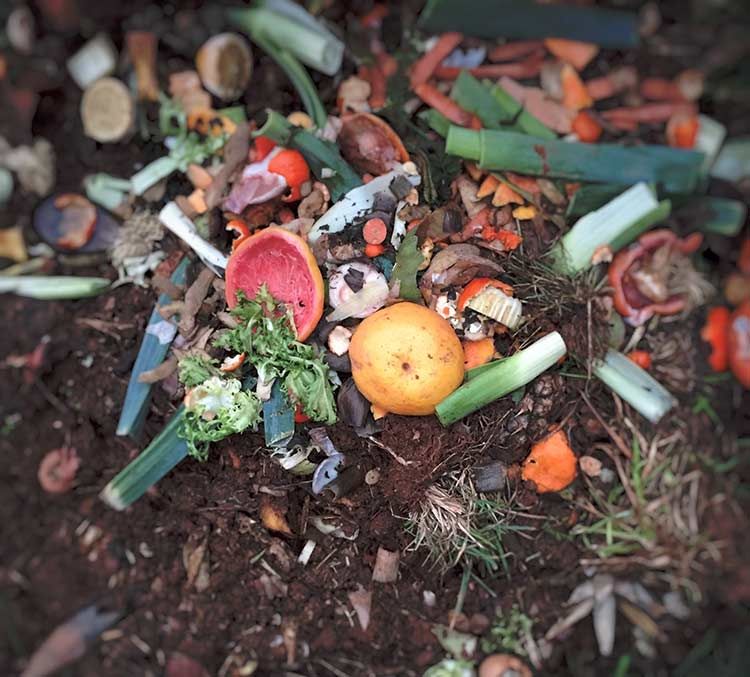
Abstract of the project
The project called PEGASUS - Energy Production and Advanced Management of Upgrading Systems and High Efficiency Systems - allows the transition from a prototype to a coherently similar pilot plant of the full-scale system in a significant context for the disposal of the Organic Fraction of Urban Solid Waste (hence called FORSU), the production of energy (electrical / thermal) and quality compost. The central idea of the project is represented by the development of a new product, a small plant, not present in the Italian market, which allows to open a business in a sector where there are still no important competitors. The customer you are looking at is mainly represented by all those small municipalities or communities that do not have quantities of biomass (in particular OFMSW but also waste from the agri-food sector, pruning and management of public parks) to make the construction of plants economically sustainable. the disposal of the wet fraction.
Currently in the market there are in fact plants that manage at least 20 thousand tons per year of FORSU and which are therefore suitable for municipalities with more than 100 thousand inhabitants.

The implementation of an innovative, modular and efficient system (result of research activities as also reported below) for the production of biogas and compost that uses anaerobic digestion (single or double stage PFR - Plug Flow Reactor) and composting aerobic (through the use of proximity composters or similar systems) will allow the reduction of the costs of waste management and therefore of the expenses incurred by each individual citizen. In particular, the use of suitable biogas upgrading and purification systems into biomethane (removal of H2S and CO2) and the subsequent use in systems for the generation of electrical and thermal energy will not only make the plant energy self-sufficient but will allow the implementation of systems with high energy conversion (such as fuel-cell). Not secondary to the project are also the sensitization of citizenship and the increase of awareness about the need to reduce the production of undifferentiated waste and for local administrations, the demonstrated technical and economic feasibility of local waste management with reduced environmental impact ( better knowledge, alternative ways of managing the FORSU in an economic and sustainable way). The project developed falls within the innovation area "Environment and natural risks", while the technological trajectory in which it is located is "New energy technologies and reuse of scraps and waste to reduce the environmental impact". As regards the priorities of the Calabria Region, a reduced percentage of wet fraction treated in composting plants is observed, equal to 9,6% (the Italian figure is 42,5%). Therefore, the project in line with these regional criticalities intends to increase the percentage of OFMSW destined for disposal and reducing the problems of small territorial communities, significantly improving the management and use of resources through a technology capable of converting OFMSW into compost and biogas. The technology developed makes it possible to reduce the environmental impact related to greenhouse gas emissions deriving from combustion, the biogas that will be produced is in fact considered a globally neutral fuel.
• the creation of a waste management system centered on the concept of the circular economy;
• improvement of the FORSU treatment and disposal cycle and reduction of the undifferentiated fraction of municipal solid waste;
• maximization of the social impact on the Calabrian territory including the creation of jobs.
-ABN ENERGY & EFFICIENCY SRL LOW PROFIT
Valerio Paolini
Francesco Petracchini
Silvia Moscow
Ettore Guerriero
Matthias Perilli
Julius Esposito
Mark Tower